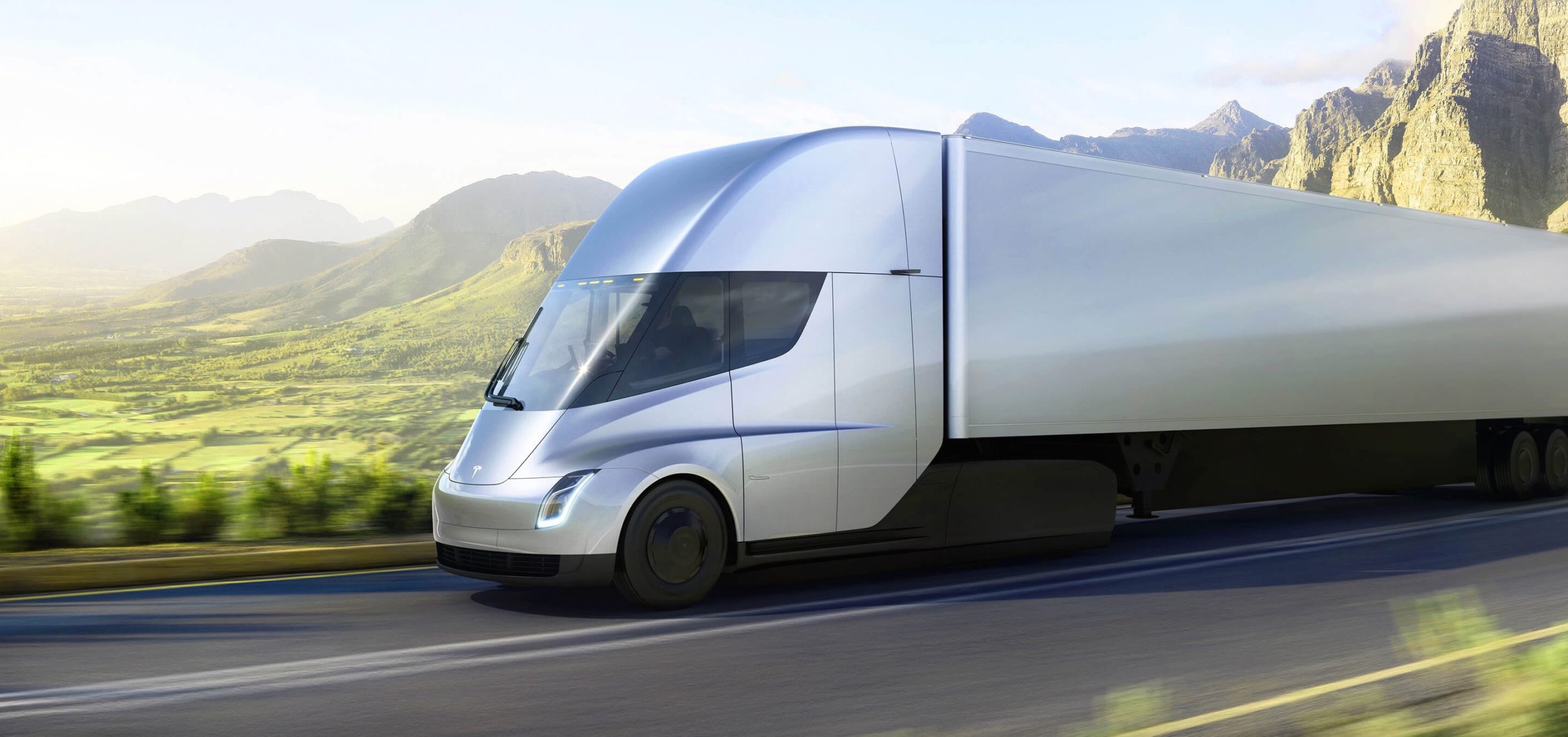Vancouver Island is taking the next step in the transition to electric vehicles… electric semi-trucks.
Parksville-based EcoWest Driven wants to reduce the world’s reliance on fossil fuels, so it’s encouraging the transportation industry to convert to electric semi-trucks.
It’s building charging infrastructure and a new electric vehicle maintenance facility in Parksville, all in an effort to accommodate the demand for emission-free heavy haulers.
Vancouver Island’s Quality Foods is one company that has teamed up with EcoWest to trial the new project. Another is Mosaic Forest Management, as it looks to introduce Tesla trucks to its fleet and move to carbon neutrality.
“With our in-depth experience and knowledge of the forestry industry on Vancouver Island, we are excited to partner with Mosaic to utilize Tesla’s innovative electric semis into log haulers,” says EcoWest director Timber Johnson.
Mosaic plans to use the electric trucks for log hauling, a global first.
Because forestry operations generate tailpipe emissions, including from log trucks, Mosaic thinks electrifying its fleet would be a “particularly good approach in British Columbia, where over 90 per cent of power in the Province is generated from clean hydroelectric sources.”
RELATED: Eager to go electric: Over 50,000 EVs on B.C.’s roads
“We are committed to achieving carbon neutrality by 2035 and electrifying our log hauling fleet is a significant step in that direction,” adds Mosaic president and CEO Jeff Zweig. “B.C. is a global centre of excellence in forestry, and we are proud to work with our local partner, EcoWest Driven, on this important project.”



